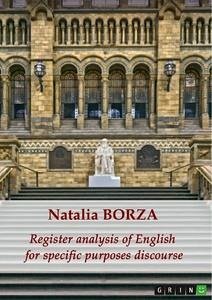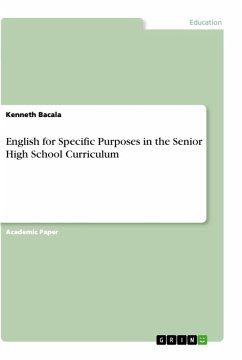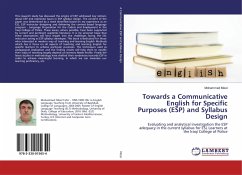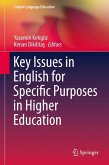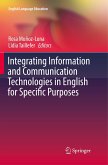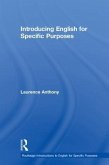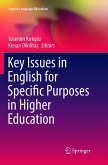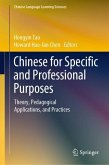Doctoral Thesis / Dissertation from the year 2015 in the subject Didactics - English - Pedagogy, Literature Studies, grade: Summa cum laude, Eötvös Loránd University (PhD Programme in Language Pedagogy), language: English, abstract: While the prevalent linguistic features of academic writing at a tertiary level are widely researched in the field of register analysis, those at a secondary level have not yet been thoroughly investigated. Even less attention has been dedicated to the exploration of the linguistic characteristics of biology textbooks in English for secondary students. The present study seeks to address this lacuna from a pedagogical perspective. Accordingly, the aim of the current research is to design a pedagogically oriented text-analytical instrument (POTAI) which is capable of yielding linguistic data relevant for ESL and ESP teachers. A further aim of the research is to apply the POTAI to the corpus of biology texts (BIOCOR) which the 10th grade students in a bilingual secondary school in Hungary are assigned to process in order to gain insights into the possible linguistic reasons why the target group finds the texts challenging to comprehend. Data was collected through quantitative and qualitative register analytical methods and through interview studies with ESL and biology teachers instructing in the bilingual programme of the secondary school. Keeping the 10th graders¿ difficulty of tackling academic subjects in English in the foreground, the present theoretically and pedagogically motivated study attempts to answer the following overarching research questions: A) By what means, relevant to English as a second language teaching, is it possible to describe the dominant register features of the biology texts used at an English-Hungarian bilingual secondary school? B) From a linguistic point of view, to what extent do the general English reading texts assigned in the intensive language preparatory course in the 9th grade at an English-Hungarian bilingual secondary school enable students to handle the biology texts used in the subsequent term?

